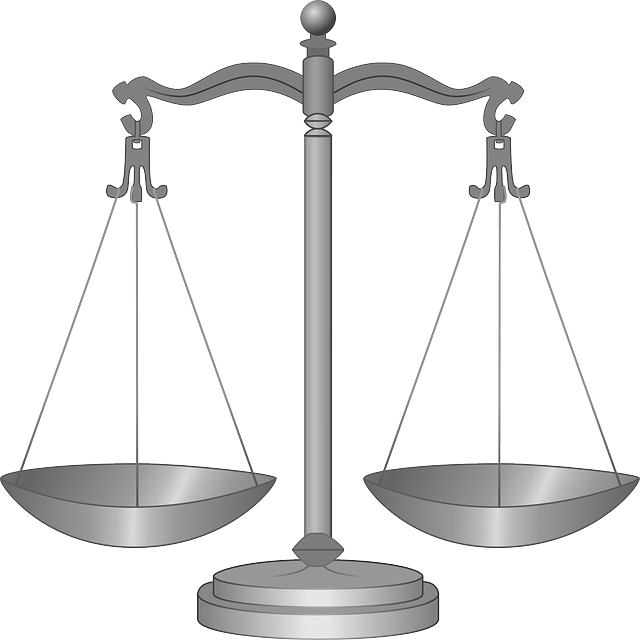Consumer protection laws safeguard individuals from business misconduct. Class action lawsuits amplify consumer voices when rights are violated en masse. Consulting a criminal defense/white-collar crime attorney is crucial for navigating these claims, building a strong case through strategic planning, evidence collection, and legal argumentation to hold businesses accountable and drive positive change.
Consumer protection suits play a vital role in safeguarding folks from unfair business practices. This comprehensive guide delves into the intricacies of navigating these legal battles. From understanding foundational consumer protection laws, to building a robust class action case, and eventually settling or taking your claim to trial—we’ll explore each step. Learn how to file a successful class action lawsuit claim, ensuring your rights are protected and justice is served.
- Understanding Consumer Protection Laws
- Building a Solid Class Action Case
- Navigating Legal Proceedings and Settlement
Understanding Consumer Protection Laws

Consumer protection laws are designed to safeguard individuals from unfair, deceptive, or harmful business practices. These laws cover a wide range of issues, including product safety, advertising claims, pricing transparency, and debt collection tactics. Understanding these regulations is crucial when considering how to file a class action lawsuit claim. Such suits allow consumers to band together to hold businesses accountable for widespread violations.
If you believe you’ve been affected by unethical business conduct, consulting with an attorney specializing in both general criminal defense and white-collar defense can be beneficial. They can guide you through the process of filing a claim, ensuring your rights are protected. By understanding your options and leveraging consumer protection laws, individuals can fight back against unfair practices and potentially secure compensation for their troubles.
Building a Solid Class Action Case

Building a solid class action case requires strategic planning and meticulous execution. The first step involves identifying a common issue or injury suffered by a significant number of consumers, often through extensive market research and consumer feedback. This collective grievance is the backbone of a successful class-action lawsuit, ensuring that affected individuals have their voices heard. By aggregating these claims, plaintiffs can demonstrate substantial harm and potential liability for defendants.
Throughout all stages of the investigative and enforcement process, it’s crucial to maintain thorough documentation and evidence collection. Legal experts specializing in class action suits play a vital role in navigating complex legal landscapes, ensuring that the case is structured effectively. A well-crafted complaint, backed by solid legal arguments and compelling evidence, increases the chances of avoiding indictment while engaging the attention of philanthropic and political communities, ultimately fostering positive changes for consumer protection.
Navigating Legal Proceedings and Settlement

Navigating Legal Proceedings can be a complex and daunting task for individuals considering a How to File Class Action Lawsuit Claim. It involves a series of steps that require careful attention to detail and a deep understanding of consumer protection laws. The first step is to gather evidence, including documentation of any financial losses or damages incurred due to the alleged misconduct. This process may involve sifting through intricate financial records and legal documents, which can be time-consuming but crucial for building a solid case.
Once the necessary information is collected, the next step is to identify a qualified attorney who specializes in consumer protection lawsuits. Legal professionals experienced in these matters can guide individuals through the intricacies of white collar and economic crimes prosecution, helping them understand their rights and options. Throughout this journey, it’s essential to be proactive and responsive to legal deadlines, as missing key filing dates could impact the case’s trajectory. Settlement negotiations may also arise, offering a potential avenue for resolving the suit without proceeding to lengthy jury trials.
Understanding consumer protection laws is essential for anyone seeking justice. Building a solid class action case involves gathering evidence, defining key issues, and identifying representative plaintiffs. Navigating legal proceedings and settlement can be complex, but with the right strategy, consumers can protect their rights effectively. For those considering a How to File Class Action Lawsuit Claim, it’s crucial to consult legal experts for guidance throughout the process.






